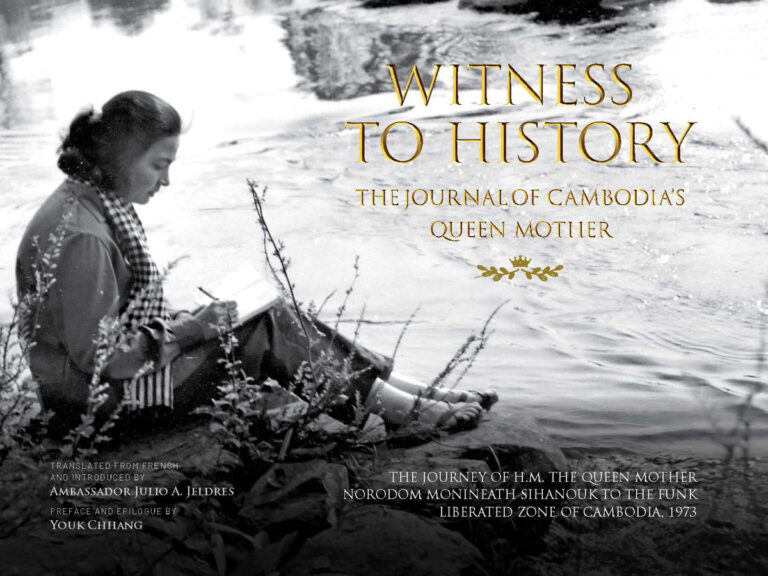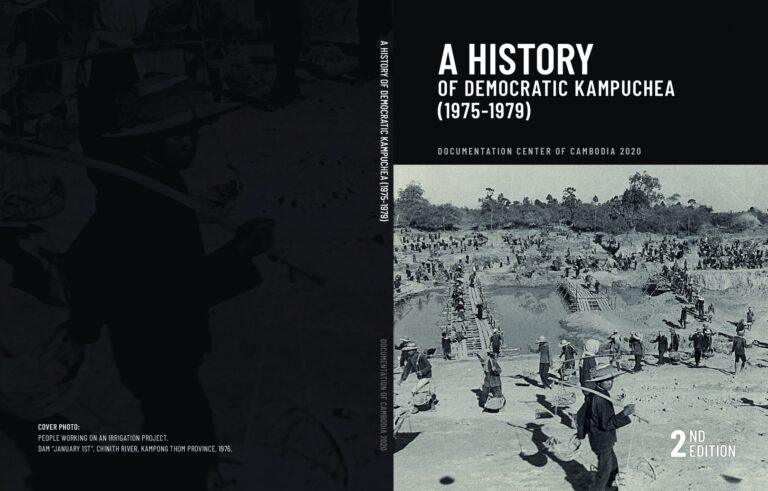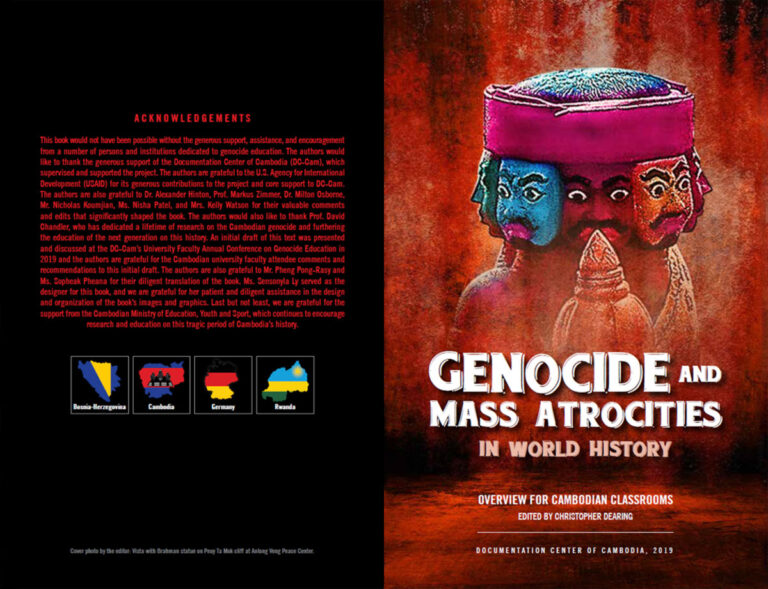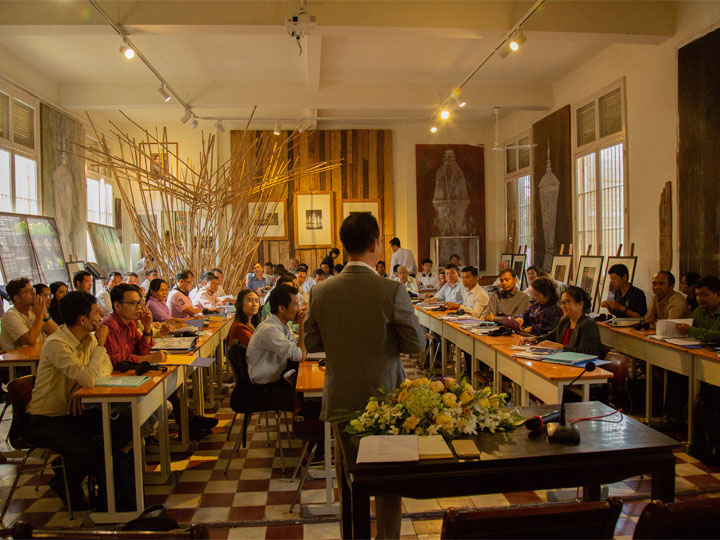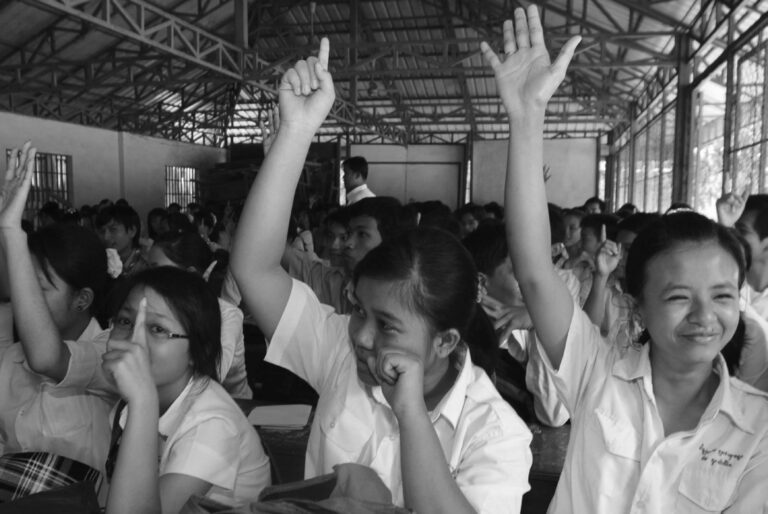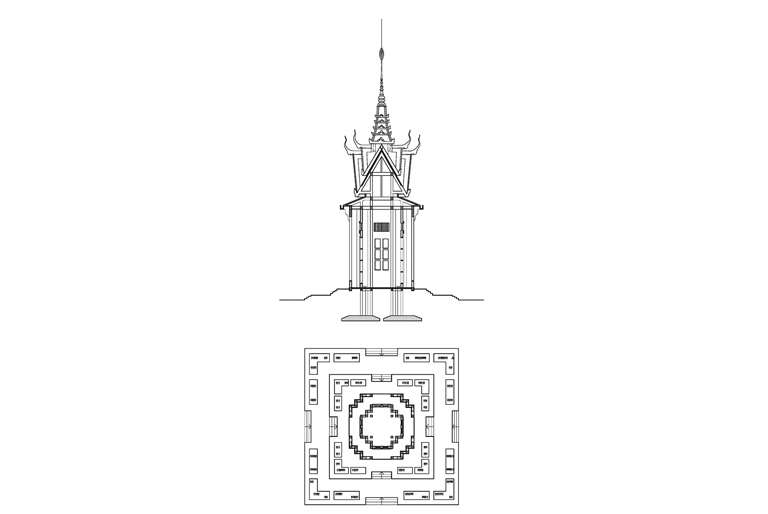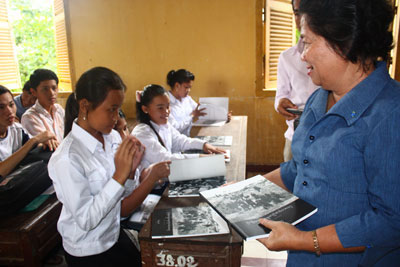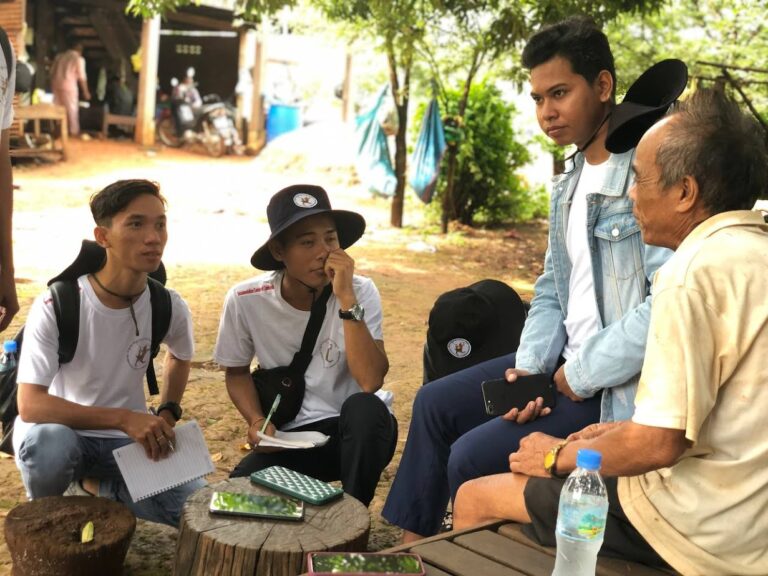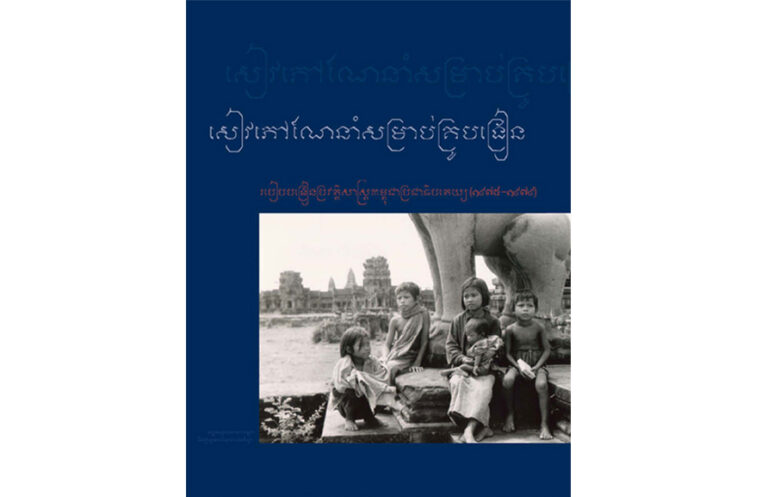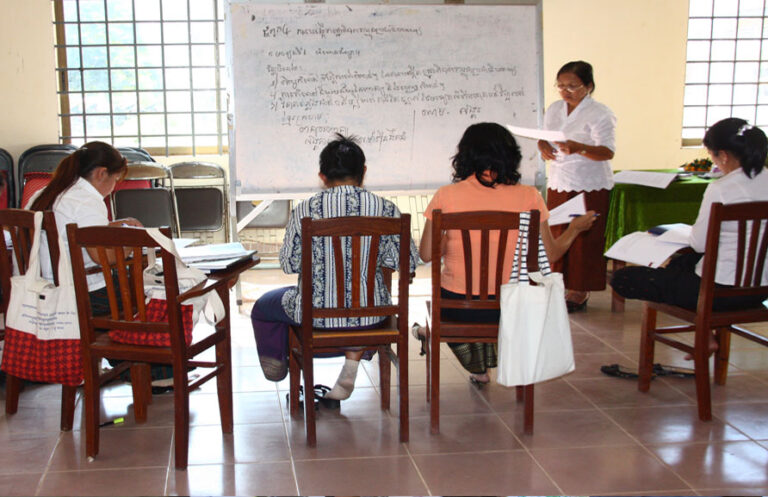This guidebook would not have been possible without the hard work of countless individuals, some of whom have been instrumental to its success. I would like to thank H.E. Mr. Im Sethy for both his commitment to genocide education for Cambodia’s children and his commitment to justice for Khmer Rouge victims. I would also like to thank H.E. Ms. Ton Sa Im for her tireless efforts to ensure that genocide education benefits all students in Cambodia. I am grateful to Dr. Chea Phala and Christopher Dearing who prepared the text, the translation and editing team, the 24 national and international teachers, experts, and scholars who helped produce this important guidebook. Generous financial contributions from Belgium, Denmark, Norway, Sida (Sweden), USAID (USA), and Canada, along with their unyielding support to global genocide prevention and Cambodia’s future, have also made this project a reality. Lastly, I wish to thank Dr. Hun Manet whose support and encouragement helped me get the textbook, A History of Democratic Kampuchea (1975-1979), off the ground and Mr. Khamboly Dy for his hard work in writing the first ever textbook on the Khmer Rouge period.
This guidebook will be used across Cambodian high schools, reaching an estimated one million students from grades 9-12. As part of DC-Cam’s Genocide Education Project, more than 3,000 high school teachers will be trained on how to teach A History of Democratic Kampuchea (1975-1979). Only by learning from the past can we begin to reconnect all the pieces of our broken nation. I am humbled to be one of the servants of this important and noble mission for Cambodia and for my mother. This project has become the Truth Commission of Cambodia.
Teaching to Prevent Atrocity Crimes: A Guide for Teachers in Africa
In honor of Nelson Mandela International Day today, the project team at UNESCO IICBA, UNESCO and the United Nations Department of Global Communications. are the launching the finished teaching guide, “Teaching to prevent atrocity crimes: A guide for teachers in Africa”, which was developed with your input as well as the contributions of authors and teachers from across Africa from 2020 to 2022.

